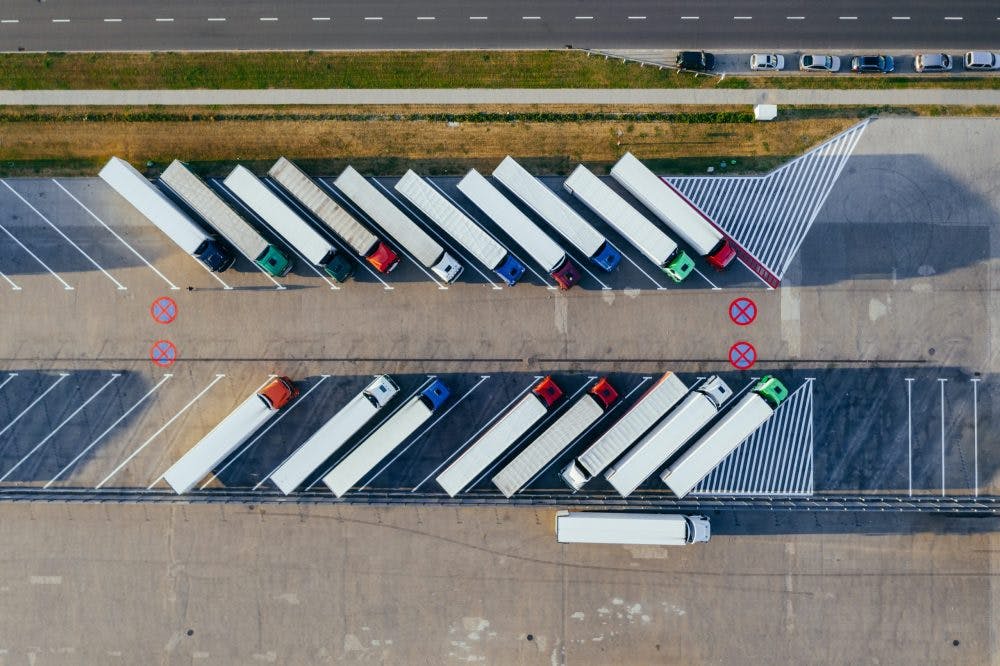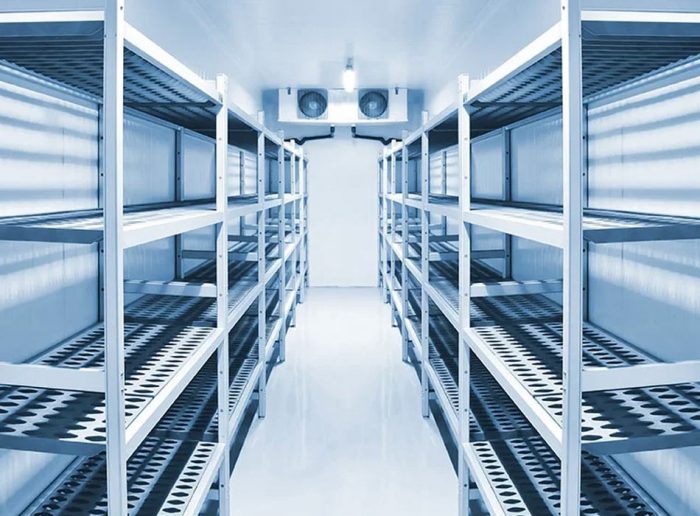Commercial
The rise of cold storage investment and how you can invest
Published
12 April, 2021

Trends come and go, but some invariably stick around for the long run. The latest trend here to stay in the commercial property market is the rise of investment in cold storage facilities.
Also known as refrigerated logistics, cold storage is a crucial link in the delivery supply chain. They are the warehouses used to store, package, and distribute products in need of cold storage, most notably food and perishables.
But these days, the cold storage market is driven by more than just the food industry. After all, online grocery sales (the products of which are held in cold storage prior to distribution) only account for around 7 per cent of Australia’s total grocery sales.

Investors are bullish about cold storage investment in Australia. But that’s because of the asset class’s reliance on the medical industry.
Medicine: the key driver of cold storage investment
CBRE estimates $300 billion of global pharmaceutical sales require cold storage, and that is forecasted to increase 8 per cent each year between 2018 and 2023. That’s double the annual growth rate of conventional pharmaceuticals found in your local chemist.
And that’s why many large companies are investing in refrigerated logistics in Australia.
DHL has already weighed in. Last year, the third largest logistics provider in Australia invested $160 million in the rollout of state-of-the-art temperature-controlled warehouses in Sydney, Melbourne, Brisbane, and Perth. This is after it struck a deal to develop an $83 million pharmaceutical distribution facility in western Sydney.

Medical products have stringent storage requirements. Temperature, humidity, and sterility must all be taken into account. And that’s the exciting part about cold storage: they’re not merely big ugly freezers. Many are technologically advanced facilities with specialised equipment held in high regard by many high quality tenants.
Those investors looking to get into the cold storage market have robust opportunities to find national and multinational medical organisations as their tenants. Not bad occupants for a landlord of a ‘big ugly freezer’.
COVID-19 a help to the cold storage market, not a hindrance
On everyone’s mind at the moment (or at least back in 2020) is COVID-19. And with the large vaccine rollout across Australia, these vaccinations need a temporary home before being distributed to the medical nodes which will inject them into willing Aussies.
In February 2021, over 125 doses of the Pfizer vaccine were spoiled after being stored at temperatures 50 degrees higher than required. It brought into light the strict temperature controls required for these vaccines. (Pfizer confirmed “vaccine quality remains within specifications after storage for two weeks at -15C to -25C and for six months at -60C to -80C.”)
The complex storage requirements means that many rural areas will struggle to receive large volumes of the vaccine if there are not adequate storage facilities available nearby.
This alone has potential to increase the need for cold storage in many industrial property markets in Australia, and also means a demand increase can be expected from the leasing market.
COVID-19 has ruined many businesses and disturbed many industries: cold storage is not one of them.
What does cold storage investment cost?
The cost to invest in cold storage depends on the vehicle you wish to invest with.
If you’re looking to do it the hard way but reap every dollar of profit, then investing on your own might set you back anywhere between $500,000 to $2 million for a modest-sized, B-grade cold storage asset.
Cold storage is a niche market, so players looking to get involved will likely need to seek out off-market assets.
But these smaller properties probably won’t ever be home for a large operator, such as Pfizer or DHL. Targeting big league refrigerated logistics property will cost upwards of $10 million.
Want a smart way to afford cold storage assets with a big price tag?
Invest in a syndicate.
Why invest in a commercial property syndicate?

Commercial real estate is hot property these days. But many don’t know where to start: How to invest, how to afford investment, or how to avoid the many pitfalls of investing in large commercial assets.
Which is why commercial property investment syndicates, also known as unlisted property trusts, are rising in popularity. You’ll also only need a minimum of around $250,000 to invest. It’s less risk and potentially much bigger gains.
A professional property syndicate is run by property experts. You’ll have comfort knowing your hard-earned capital is in the hands of professionals who have ridden the cycles in the commercial property market and know how to safely guard your investment to provide a stable passive income.
That’s particularly true if you invest with a company who has skin in the game. An investment firm which invests alongside you means those same professionals share the same risks and rewards as you.
If you’re a conservative investor, then investing alongside a commercial property syndicate could be a great option for you.
For more information, get in touch with Properties & Pathways today. Your first call is for you to get to know us and to ensure we’re a good fit.
If you’re just browsing, that’s absolutely fine. Keep up to date with the commercial property industry’s latest news and views, with our monthly newsletter. Subscribe today and we’ll email you the very next one.
Properties & Pathways is a dynamic commercial property investment firm. We handpick our properties throughout Australia to reduce risk and protect investor return. The strategy works. Our completed syndicates have provided investors an average annualised return of 19%.




